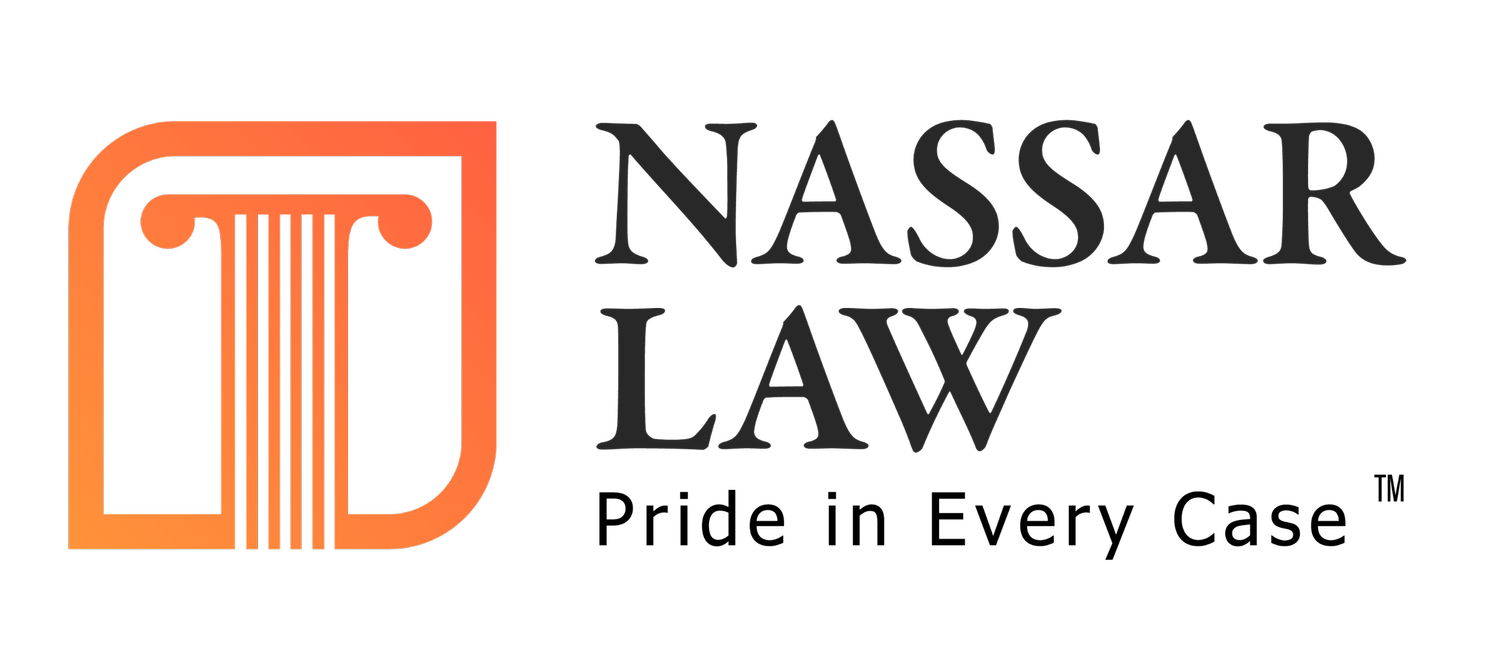Can I Dismiss My Chapter 7 Bankruptcy Petition After It Is Filed?
After the voluntary filing for Chapter 7 bankruptcy relief, some debtors’ may wish to reconsider their position to pursue relief under the bankruptcy code. Fortunately, a debtor can file for a voluntary dismissal. Case law and statutes have yielded many reasons to deny or grant the debtors’ request to voluntarily dismiss the petition. The following are several common reasons.
Voluntary dismissal requests are generally permitted when:
The assets might be insufficient to pay trustee administrative expenses, and objecting creditors, who had state court action pending, were not prejudiced in their rights to pursue that action.
Voluntary dismissal requests were denied when:
The debtor’s stated purpose was to enable it to re-file bankruptcy to discharge debts that were non-dischargeable in the pending case;
The trustee’s objections to the debtor’s exemptions would, if sustained, provide a payment to unsecured creditors;
The debtor has “unclean hands” or has engaged in fraudulent conduct;
The purpose is to prohibit the trustee from avoiding transfers or selling estate property that would benefit unsecured creditors;
The debtor is willing and able to pay his debts, and has made arrangements for those payments outside bankruptcy;
A Debtor who experienced “buyer’s remorse” after filing; and
Debtor’s request for case dismissal (based on his failure to sign the petition, obtain credit counseling and file required documents) was properly denied as a “strategic” attempt to manipulate the bankruptcy system.
Further, a debtor should consider the possible repercussions when voluntarily dismissing their case. Such repercussions if the case is dismissed (either by leave of court or not) may include:
Creditors are free to resort to all collection remedies available under applicable law after the dismissal order is entered;
Debtor is not eligible to file a bankruptcy case for 180 days after the filing of a prior case; and
The Court may require payment of trustee’s fees and expenses.
If you are in this position, you should immediately consult a/your bankruptcy attorney.

